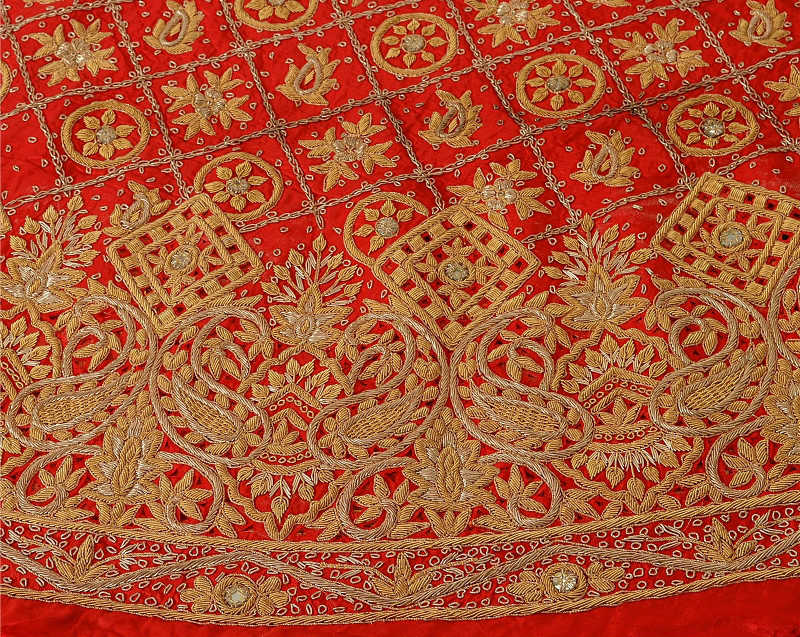===
0543,
6
===

=== |
 |
tang : 'Contracted, straitened, confined, strait, narrow, tight; wanting, scarce, scanty, stinted, barren; distressed, poor, badly off; distracted, troubled, vexed; dejected, sad'. (Platts p.340)
ṭokrī : 'A small basket (without a lid)'. (Platts p.360)
miṭṭī : 'Earth, soil, land, clay, loam; —dirt, filth; excrement; sweepings, rubbish, trash; —lifeless clay, corpse; carcass'. (Platts p.1000)
ḍhonā : 'To take or bear up (a load), to carry, transport, remove'. (Platts p.574)
FWP:
SETS
MOTIFS
NAMES
TERMS == FRESH WORDThat little Hindi-side word ṭokrī , with its simplicity and everydayness, is a delight in itself. It certainly deserves credit as a 'fresh word'-- one that Mir himself hardly uses, and that never appears in Ghalib's whole divan.
Note for translation fans: Isn't it a pity that for ḳhākī we can't just say 'dusty'? It would be perfect in a literal sense. But of course in English it has come to mean 'covered with dust', while the Urdu has the general sense of 'pertaining to dust', or (in view of Islamic theology) 'made of dust'. So even though 'dust-made' is awful-sounding, I've forced it to happen.
And to make up for that frustration in the first line, in the second line English has given us a nice punchy little gift. The meanings of miṭṭī include both the neutral 'earth, soil', and the negative 'filth, excrement'. English offers us 'dirt'-- a word that elegantly straddles the border between them.